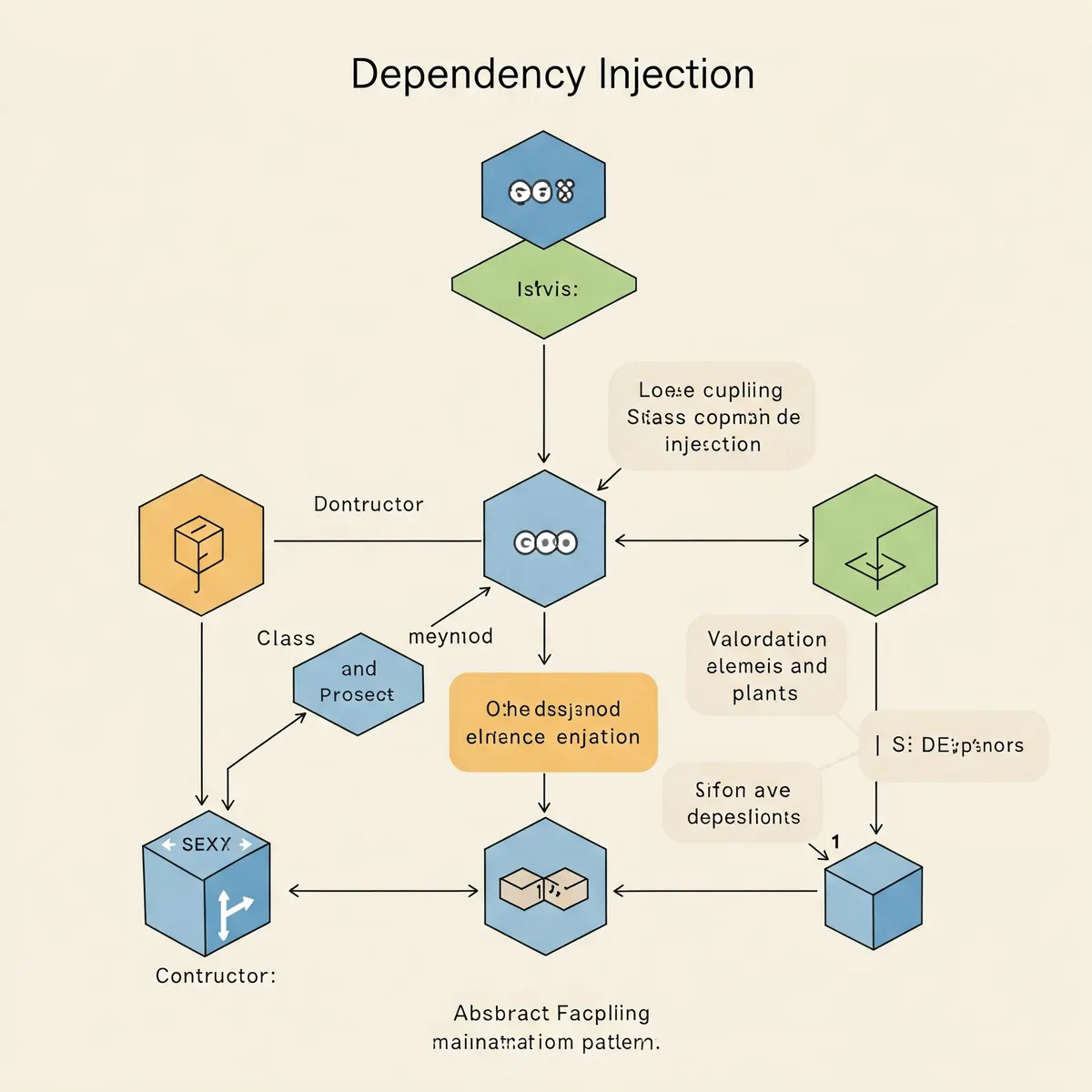Dependency Injection (DI) is a core concept in object-oriented programming. It refers to a technique where dependencies are provided to a class from the outside—typically via a constructor—rather than the class creating them itself.
Why is this useful? Because DI leads to more flexible, testableand maintainable applications.
Why Use Dependency Injection?
✅ Separation of Concerns
With DI, the responsibility for creating dependencies is separated from their usage. A class doesn’t need to know how to create its dependencies—it just receives them ready to use.
✅ Testability
DI makes unit testing easier. You can mock dependencies like DbContext, services, or repositories and inject them into your test subject. This allows for isolated and reliable tests.
✅ Flexibility and Extensibility
Your code becomes easier to extend or change. If a dependency changes, you don’t need to search through multiple files—you just inject a new implementation where needed.
Ways to Implement DI in C#
Here are three common approaches:
1. Constructor Injection (Recommended)
The most common and preferred way.
public class OrderService
{
private readonly IOrderRepository _orderRepository;
public OrderService(IOrderRepository orderRepository)
{
_orderRepository = orderRepository;
}
// OrderService methods...
}
2. Property Injection
Less commonly used, but sometimes helpful in frameworks like ASP.NET Core.
public class OrderService
{
public IOrderRepository OrderRepository { get; set; }
// OrderService methods...
}
3. Method Injection
Useful when a dependency is only needed temporarily.
public class OrderService
{
public void SetOrderRepository(IOrderRepository orderRepository)
{
// Set the dependency
}
// OrderService methods...
}
Summary
Dependency Injection is all about externalizing object creation to promote cleaner architecture. It improves testability, modularityand overall code quality.
If you're building applications in C#, learning DI (and using it with tools like Microsoft.Extensions.DependencyInjection or Autofac) will take your design to the next level.
Thanks for reading! 🙌 Feel free to ask questions or follow me on Instagram where I share what I’m currently learning and working on. See you there!
